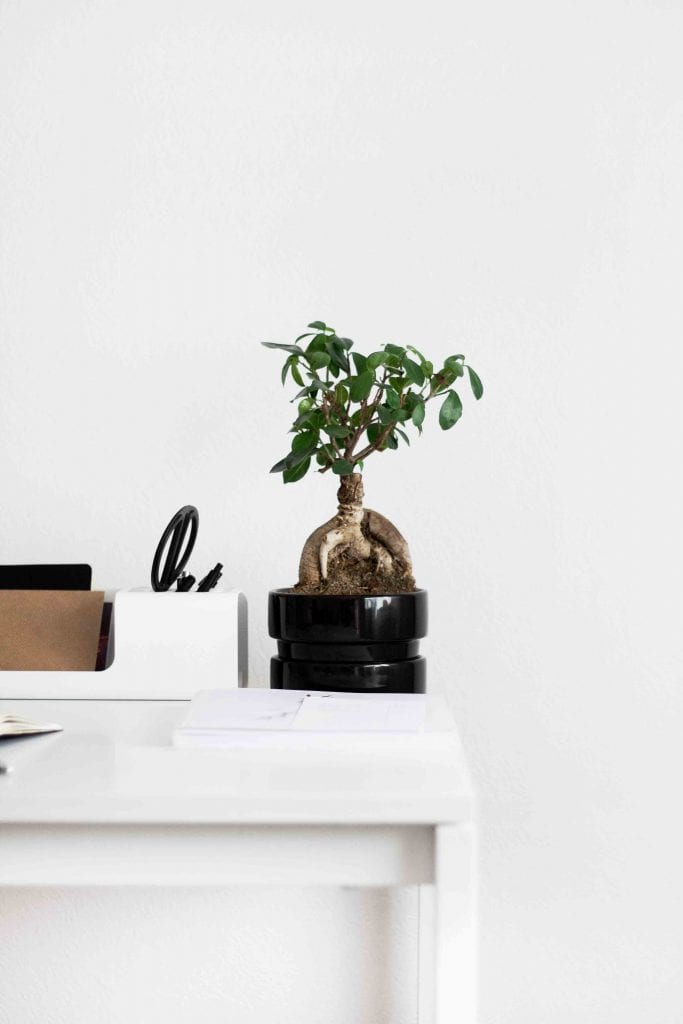When it comes to creating a sustainable start-up business budget there are a lot of factors that you need to consider. Getting this right could mean the difference between sustainable success or total failure, and if you miss important information from your budget plan, it may end up costing you the entire project.

Your business budget is a document on which you will base a lot of your decisions. It is the blueprint on which your company will move forward and go on to be a sustainable success. It will also be a significant source of information when it comes to getting any funding through external investment, or in the form of a business loan.
Your projected income and expenditure will indicate to anyone outside of your business how much profit your business should make. Getting your budget wrong will mean that you may miss this target, either making less profit, or a loss.
Factor Everything In
If you want a successful budget you will need to factor in every expense that you may face. There is no point in trying to make your budget sheet appear better by neglecting to add things that you may later need and have problems doing without. While it may be easy to remember the big things such as rent, utilities, supplier costs, staffing costs, and taxes. But then there are a lot of other areas that you should consider. Your premises will need cleaning, and you may want to hire contract cleaners. Then you will need consumable items such as the ones found at Premier Hygiene. There will be stationary costs, and maintenance problems to think about that may spring up.
Contingencies and Depreciation
While it may take some thinking time to come up with a definitive list of everything that you need, there may be things that you need to include on your list that you may not have considered. For that reason, you should create a contingency in your budget that will allow for things to go wrong.
You may need to replace equipment as it breaks. Computers will need updating, and if you have plans for taking on additional staff to meet a change in demands, you will need to supply anything they will need to do their job effectively.
If you handle stock, you should be aware that over time there could be problems that emerge. Your stock could get damaged, or if it deteriorates or is a foodstuff, it may only have a limited shelf life. You will obviously need to maintain a full inventory, but there may be times when your stock rotation fails, or demand falls short of expectations and you end up having to write off a lot of your stock.
Sticking To The Budget
The ideal situation is that you create a budget that you can stick to. Your business needs concrete guidance at its core, and using your budget you should constantly work to keep the business on track. There will be lessons that you can learn from your initial budget which you can bring into subsequent budgets, so be sure and keep your eyes open for improvement opportunities.
“Budgeting has only one rule: Do not go over budget.”
― Leslie Tayne, Life & Debt: A Fresh Approach to Achieving Financial Wellness
The Fabulous Times




